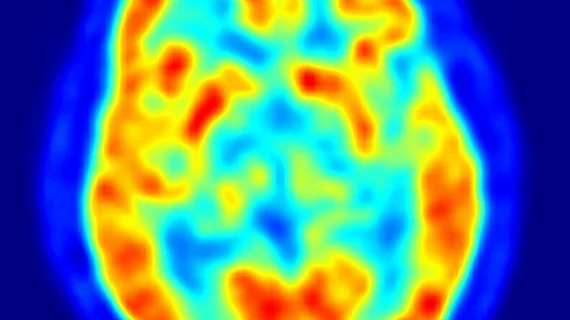Researcher in hot water after manipulating PET imaging data for grant application
A psychiatrist in Canada is in hot water after it was discovered she manipulated data in neuroimaging studies in an application for a grant from the National Institutes of Health.
The announcement was made by the federal Office of Research Integrity (ORI), which oversees and directs Public Health Services (PHS) research activities in the interests of the Secretary of Health and Human Services. According to ORI, Romina Mizrahi, associate chair of research in McGill University’s department of psychiatry in Montreal engaged in research misconduct when applying for a grant for PHS funds.
Mizrahi applied for the grant in February 2018. She was seeking funding to further her research on the development of psychosis based on findings visualized on PET imaging. Specifically, ORI found that Mizrahi “intentionally, knowingly, or recklessly” falsified PET data pertaining to the binding of radiopharmaceutical [11C]NOP-1A (NOP) in the brains of study participants.
The release indicates that the psychiatrist selectively included and excluded participant PET data from both the healthy controls and the patient group, which gave the impression that the NOP binding was statistically higher in the patient group than in the control group.
Mizrahi, who has been the recipient of millions in NIH grants since 2014 and has served as the principal investigator on numerous grants and renewals, was not granted funding for the research and entered into a Voluntary Settlement Agreement that requires her research activities to be supervised for a minimum of one year starting on November 3, 2022.
During this supervisory period, senior faculty members familiar with her field of study will oversee her research and any future grant applications for PHS funds will undergo “an advance review.” As a part of the agreement, she is not allowed to voluntarily serve in any advisory or consultant capacity to PHS.

